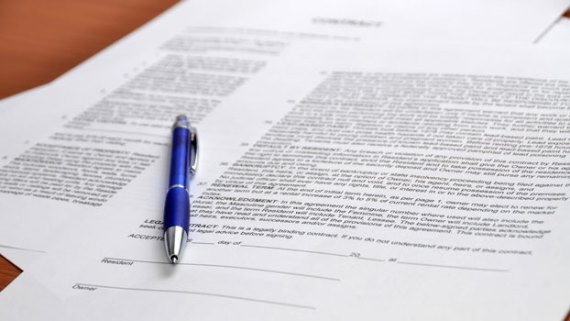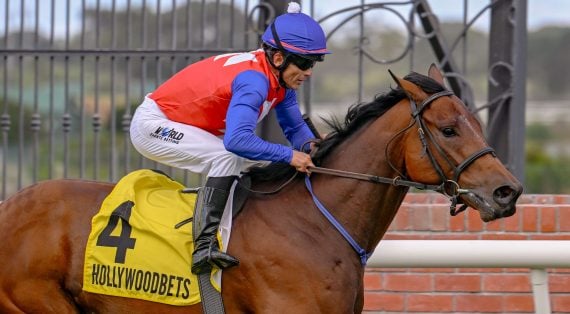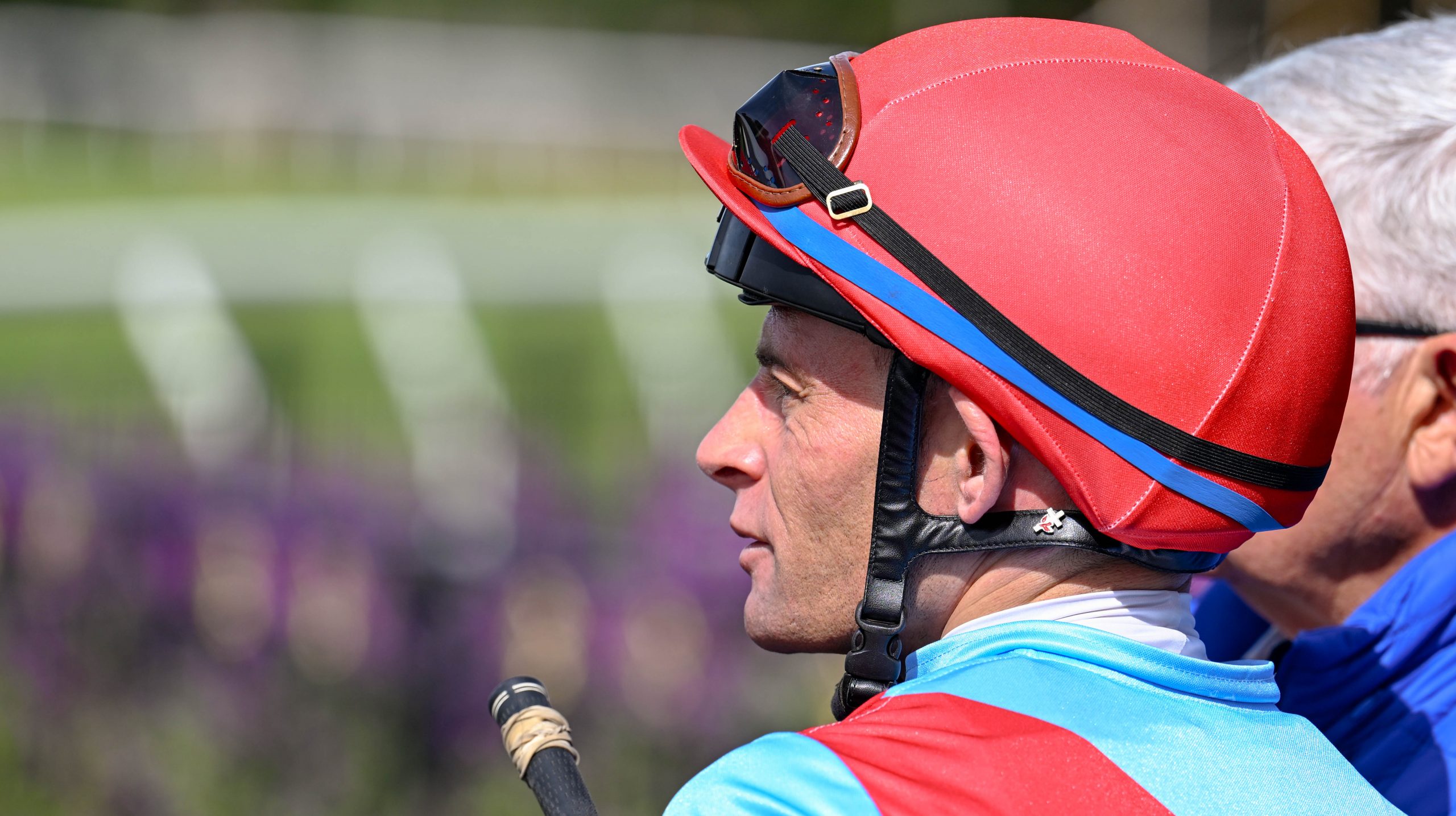In a statement issued on Monday, the South African National Trainers Association (SANTA) states that the National Horseracing Authority has recently been very active in circulating communications from its chairperson and members of the national board regarding the requisition for a special general meeting to consider a number of amendments to the NHA’s constitution.
It is clear from the content of these communications that the board of the NHA vehemently opposes these amendments.
Although the tone of these communications is disappointing, it is not surprising given that the first resolution seeks to amend the composition of the board, which (if passed) will result in a number of directors having to resign from the board.

At the outset, it is important to point out that the written requisition is not an attempt by SANTA “to capture” the NHA.
If it was, it would be an extremely poor attempt as the proposed resolution will (if adopted) only allow SANTA to appoint 1 director onto the national board (out of 12).
It is no secret that SANTA shares the concerns of many stakeholders in the racing industry regarding the manner in which the NHA has been run.
Whilst SANTA was responsible for the drafting of the requisition, it was supported by well in excess of 300 members, including prominent owners, breeders and jockeys, in addition to trainers.
Likening what these industry participants are trying to achieve through the proposed amendments to the NHA’s constitution to “capturing” the NHA is a clear indication that the national board has failed to grasp the extent of stakeholders’ unhappiness with the NHA and the seriousness of their concerns over how horseracing is being regulated.
Ultimately, it is for members to decide how they would like the board of the NHA to be constituted and whether references to the Racing Control Executive in the constitution should be retained by casting their vote for or against the proposed resolutions at the special general meeting.
However, it is important to dispel a few untruths that are being relied upon to try and scare members into voting against the resolutions.

The National Board (Proposed Resolution 1)
1. The composition of the national board to exclude racing operators was introduced due to a difficulty in managing “conflicts of interests” “compromising the ability of the Board of the NHA to conduct its affairs” and in response to an insistence by government that the national board be independent to those that are licensed by the NHA. The minutes of the special general meeting of the NHA held on 20 January 2016 (at which the current composition of the national board was considered) reveals that the removal of representatives of the Racing Operators from the national board was in fact as a result of a dispute arising between the Racing Operators and the national board in relation to the proposed increase in the costs of the NHA. A mediation process then took place which culminated in a Memorandum of Understanding. A Working Committee was then established to modernise the relationship between the Racing Operators and the NHA. This involved investigating the cost structure of the NHA, the national board and its functions and the powers of the NHA. The minutes reveal that the Racing Operators had concluded that the best model was for the national board to be completely independent and for there to be a normal contractual relationship between the NHA and the Racing Operators. However, the agreement that formed the basis of the Racing Operators’ agreement to vacate their positions on the national board was never concluded primarily because the NHA refused to accept any accountability for “non-performance”.
2. The chairperson and the national board would have you believe that the national board is comprised of neutral and independent directors, the independence of the NHA is “sacrosanct” and that the NHA is an “independent regulatory body”. In fact, only 3 of the present 12 directors of the NHA are currently independent. The rest are comprised of employees of the NHA, owners and three breeders, which are also governed by the NHA’s rules and constitution, and punters (who bet on the outcome of the races staged under the control of the NHA). If the concern is really that this will allow for “manipulative behaviour” and “conflicts of interest”, then surely the same holds true for owners, breeders and punters (who are also so called “Vested Entities” and have an interest in the regulation of the sport).
3. The appointment of ‘representative directors’ will give rise to a conflict of interest. The notion of a conflict of interest is however dispelled by the Chairperson’s own communication which correctly highlights that a member of the national board owes a fiduciary duty to the NHA. This means that when acting as such, directors must consider what is in the best interests of the NHA and act in these interests, as opposed to furthering the interests of the entity that appointed them.
4. The presence of licensees on the national board would create the problem of regulation and the perception that these licensees would get different treatment in enforcement of the rules. The proposed resolution merely gives the various organisations, including the Racing Operators, the right to appoint a person to the national board. This could be any person that the organisations deem appropriate to sit on the board and is not restricted to representatives of these organisations (such as members, trustees, directors or employees). It is notable that owners and breeders are also required in terms of the NHA’s rules to be registered with the NHA and are bound by the rules (including in the case of owners, by the so-called strict liability rule in respect of prohibited substances). Having owners and breeders on the national board that could also be summonsed to a hearing of an inquiry board has not given rise to the perception of different treatment.
5. The suggestion that it is necessary to retain the current closed and convoluted nominations committee because the election process of members was functioning unsatisfactorily is also misguided. The proposed resolution contemplates that 3 of the members of the national board will be elected by members. Accordingly, the national board will be quorate and able to continue to function even if it is not possible to secure the nomination and election of these members to the national board. Moreover, the NHA can hardly be deemed to be democratic when a nominations committee consisting solely of ex-chairpersons have the sole right and authority to handpick whom they deem appropriate to be on the national board.
6. The reliance on King IV as a basis of opposition to the proposed resolutions is misplaced. Our view is that constituting the national board in the manner outlined in the proposed resolution will ensure that the national board comprises the appropriate balance of knowledge, skills, experience, diversity and independence for it to discharge its governance role and responsibility objectively and effectively. The proposed resolution does not fly in the face of King IV as suggested by the national board and the reconstituted national board will in fact be far more self-regulating than what was previously proposed by the Department of Trade and Industries (DTI) and accepted by the relevant Parliamentary Portfolio Committee.
The Racing Control Executive (Proposed Resolution 2)
7. Eliminating the post of the Racing Control Executive would “compromise the regulatory standards of the NHA” and have “other legal consequences”. Firstly, the proposed resolution does not convey an intention to eliminate this post, but merely submits that maintaining this position is no longer economically feasible and that the functions of the Racing Control Executive should be in part be reassumed by the Managing Director. Naturally, notwithstanding the removal of the reference to the Racing Control Executive in the NHA’s constitution, it would be up to the national board whether to eliminate this post or not. Secondly, there is no evidence that the assumption by the managing director of these functions would comprise the regulatory standards of the NHA or result in other mysterious legal consequences. It stands to reason that the regulatory functions would in fact be delegated to chief stipendiary stewards and their respective stipendiary teams in the major racing jurisdictions thereby affording them greater power and authority whilst simultaneously vastly reducing costs .
8. The allegation that the proposed resolution is an attempt to remove an individual and not the position is equally untenable on a proper reading of the proposed resolution.
Lastly
9. The Chairperson would have you believe that the NHA has been doing a phenomenal job of regulating the sport of horseracing in South Africa in a cost-efficient manner. Apart from the fact that this is irrelevant to the proposed resolutions (which advocates for the accountability of the national board to all stakeholders as opposed to reacting to the present state of the NHA), we frankly disagree. One only has to look at the lengths that the NHA has gone to in order to persecute trainers in the numerous feed contamination matters – it can hardly be said that the millions of rands in legal fees incurred by the NHA in this regard are “reactionary”. By way of but two examples are the recent High Court costs orders awarded against the NHA in two separate matters for a failure to reasonably comply with a PAIA request and a refusal to make available alleged prohibited substance samples for independent testing despite having previously undertaken to do so. The reality is that every year the NHA incurs substantial legal fees directly resulting from the poor decisions it takes and the manner in which it regulates the sport of horseracing. Many of these costs could be avoided if it acted reasonably, rationally and fairly.
- Media release by SANTA on Monday 9 August 2021








